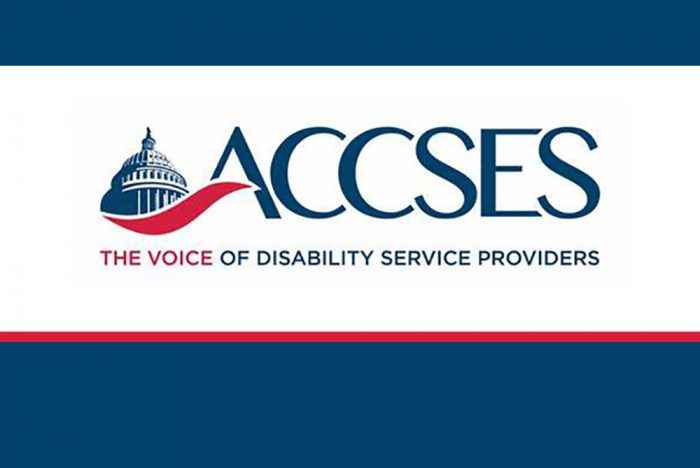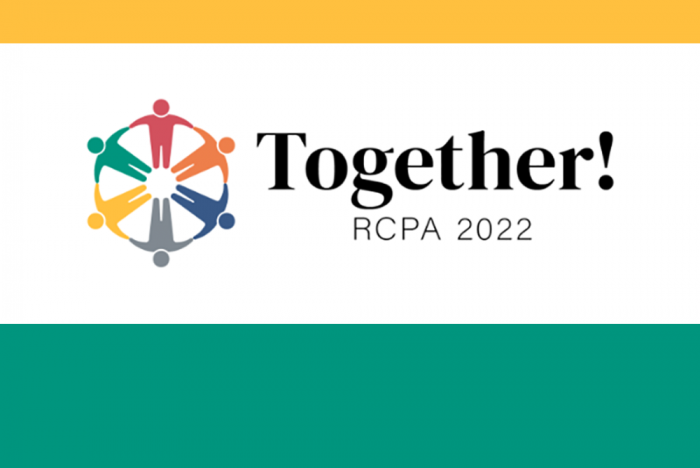PA OSHA Consultation Program Free Webinar — July 13
Wednesday, July 13, 2022
10:30 am – 11:30 am
Pennsylvania OSHA Consultation will offer a free webinar on OSHA’s Respiratory Protection Standard 29 CFR 1910.134.
Overview:
Bryan Brougher, CSP, from the PA OSHA Consultation Program, will host the webinar. This webinar was developed to help employers comply with the respiratory protection standard. Bryan Brougher is a certified safety professional with over 30 years of experience who has been with the IUP PA OSHA Consultation program for over 20 years. Prior to his time with IUP, Bryan worked as a safety/health professional in manufacturing industries, research and development, and consulting industries.
How to Join:
Please join PA OSHA Consulting for this no obligation free webinar. You are encouraged to share this invitation with others who you feel would benefit from this content. Preregistration not required. Webinar room opens one hour prior to start time.
Join From PC, Mac, iOS or Android
Password: paosha
NOTE: If you are unable to attend the live webinar, it will be recorded and available on our website the week following the webinar here.


















